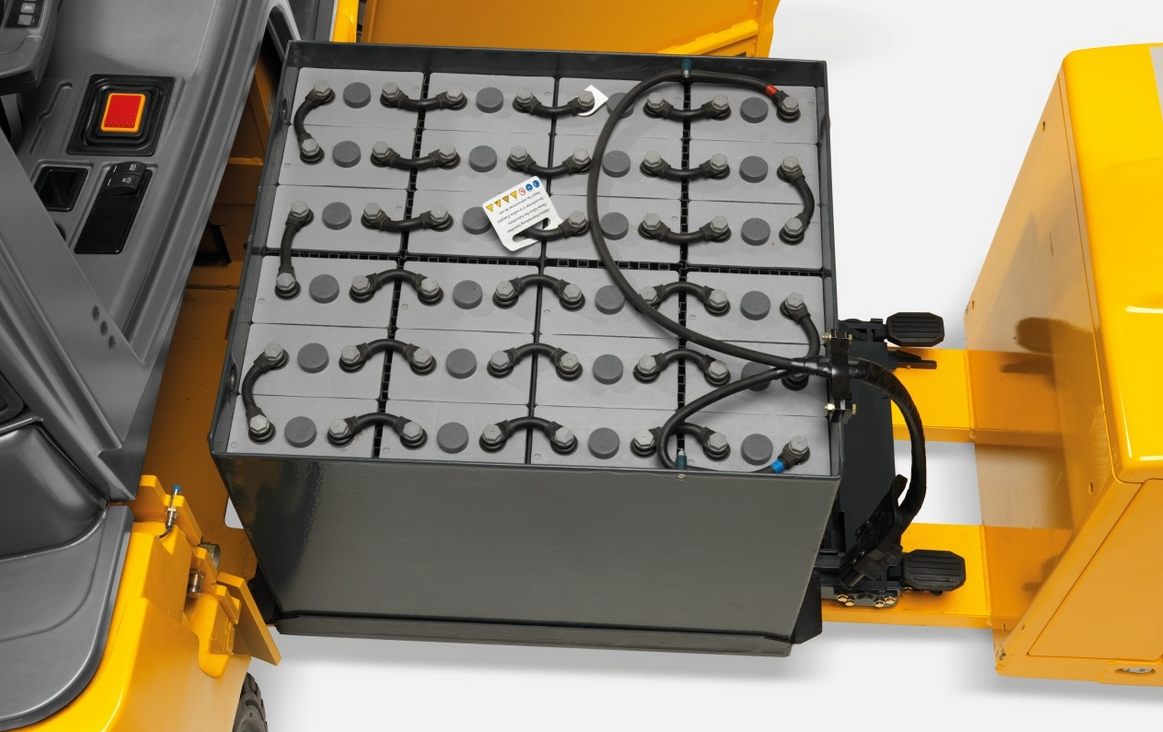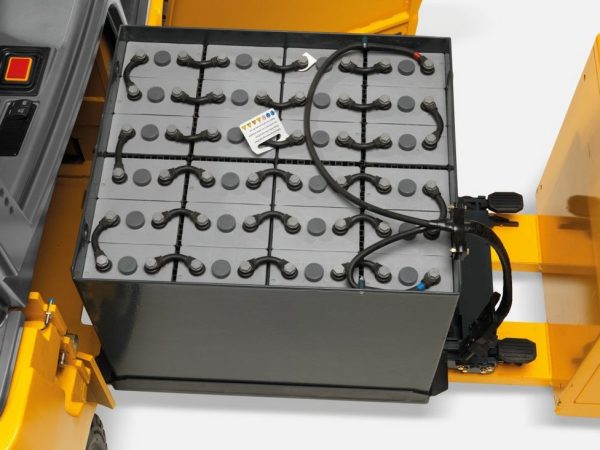If you’re looking for a storage system for off-grid living, you’ve come to the right place. Here you’ll learn about Lithium-ion, Flow, and Sand batteries. Also learn how to choose the right type of renewable energy battery for your needs. Then you can start researching the options for your home and business.
Flow Batteries
Flow batteries store charges in a liquid electrolyte that sits in external tanks. The electrolyte is then pumped through an electrode assembly. This assembly contains two electrodes separated by an ion-conducting membrane. Flow batteries have a large storage capacity due to their liquid electrolyte and can store a significant amount of energy.
Lithium-Ion Batteries
There are several advantages of using lithium-ion batteries for renewable energy. The batteries are environmentally friendly and can be reused for many purposes. However, they can cause a potential problem when they are disposed of improperly. As a result, it is important to follow proper disposal procedures for lithium-ion batteries.
Lithium-ion batteries are much more efficient than conventional batteries. They have the same properties as conventional batteries but can store energy from renewable sources and then release it as needed. These benefits make them a valuable addition to clean energy projects.
Sand Batteries
In a world where energy prices are high and renewable power is scarce, scientists are looking to new ways to store energy. Sand batteries are one possible option. They are inexpensive and can store large amounts of heat. These batteries could be used to warm buildings, homes and even swimming pools. One such project is called Polar Night Energy.
While most batteries use lithium, this material is expensive and is limited in its capacity. It also has environmental disadvantages. Unlike lithium, sand is relatively cheap and can store large amounts of energy. In addition, sand is very roomy, making it an ideal material for storing energy. Sand batteries are also environmentally friendly. They can be charged with excess solar or wind electricity.
Storage Systems for Off-Grid Homes
Batteries are an excellent option for off-grid homes because they provide a backup power source. Batteries are available in a variety of sizes and types, depending on the amount of power that a household need. If the power goes out, batteries can provide enough energy to run essential appliances and devices for a day or two. This backup power source can be used to support the entire house or a specific load, such as a computer.
Batteries are vital to the success of a solar-powered off-grid home. Modern battery energy storage systems are more reliable, more affordable, and easier to install and configure. These systems also provide peace of mind during outages. They work in concert with solar panels to make the most of the available power. A battery energy storage system can also be used as an alternative to a small generator in the event of a power outage.
Cost of Storage Systems
Currently, the cost of renewable energy battery storage systems is prohibitively expensive. The cost of installing a typical nonresidential project costs $567 per kWh. If the price of renewable energy storage falls that low, the cost of energy storage will be more affordable and feasible for consumers.
Storage systems are now being used by utilities and developers for peak-demand shaving and frequency regulation. These systems are managed with software to minimize downtime and maximize profitability. But these projects also face challenges. Look for reliable heavy equipment spare parts suppliers in UAE to fulfil your needs.
Soccer lover, shiba-inu lover, fender owner, Saul Bass fan and communicator, collector, connector, creator. Working at the intersection of beauty and function to answer design problems with honest solutions. Concept is the foundation of everything else.

